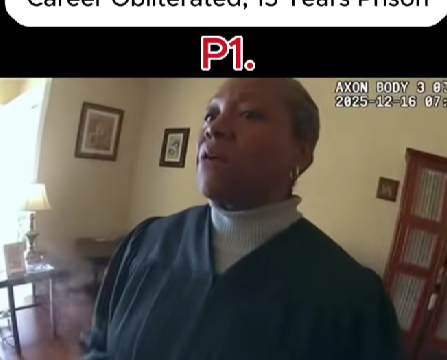A frustrated driver in Cornwall, England, decided to take matters into their own hands by filling a massive pothole, an action that drew the ire of the company responsible for road maintenance. The situation has since sparked discussions about citizen-driven infrastructure repairs and the inefficiencies of local government in addressing public concerns.

For months, residents of Tanhouse Road in Cornwall had been struggling with a hazardous pothole. The road had been closed since April due to drainage issues, leaving locals frustrated with repeated promises of repair that never materialized. Despite complaints and pleas for action, the problem persisted, causing inconvenience and safety hazards. Eventually, one anonymous driver had had enough and took decisive action by filling the pothole with cement to make the road usable again.
The driver’s quick fix temporarily restored access, bringing relief to the community. However, the move was not well received by Cormac, the private company responsible for road maintenance in the area. Officials from Cormac were outraged, stating that unauthorized repairs posed a risk to proper road maintenance and could lead to long-term structural problems. The company insisted that the road had to remain closed until an “official” repair was completed. Cornwall Highways even launched an investigation to identify the individual responsible for the DIY repair, emphasizing that tampering with public roads without authorization was unacceptable.
This incident highlights a growing trend of citizens stepping in to address public works when officials fail to act. Across the world, frustrated individuals have taken it upon themselves to fix local infrastructure issues rather than waiting for slow-moving bureaucracies. For example, in Toronto, a man built a set of park stairs himself after facing long delays and excessive cost estimates from the city. In the U.S., local communities have resorted to filling potholes, painting crosswalks, and fixing public benches without government approval, sparking debates about the balance between efficiency and regulation.
The case in Cornwall has reignited discussions about government accountability and whether individuals should be allowed to step in when officials fail to act. While some argue that unauthorized repairs could lead to safety concerns or subpar workmanship, others believe that these actions highlight the inefficiencies in public infrastructure management. Many residents see these DIY repairs as a sign of growing frustration with bureaucratic red tape and delayed responses.
Local officials maintain that road maintenance must be carried out properly to ensure safety and long-term stability. According to Cornwall Highways, there are strict guidelines that must be followed for road repairs, including the use of specific materials and methods to prevent further damage. While the company acknowledges the residents’ frustration, they argue that an unregulated repair could lead to unintended consequences, such as further deterioration of the road or liability concerns.
On the other hand, locals argue that their patience has worn thin. The pothole in question had been left for months without resolution, despite repeated complaints. Some residents expressed support for the driver who took action, stating that waiting indefinitely for repairs is not a reasonable option. They believe that if the local government had acted swiftly, the situation would not have escalated to this point.
The fate of Tanhouse Road remains uncertain. While Cornwall Highways insists on removing the unauthorized cement repair to conduct an official fix, there is no clear timeline for when the work will actually be completed. In the meantime, residents continue to navigate the situation, frustrated by delays and red tape that seem to prioritize process over practical solutions.
This case in Cornwall is just one example of a broader issue affecting communities worldwide. It underscores the ongoing debate about the role of private citizens in public infrastructure maintenance. Should people be allowed to step in when government agencies fail to act, or should strict regulations be upheld regardless of delays and inefficiencies? The balance between maintaining order and responding to community needs remains a contentious issue.
For now, one thing is certain—residents of Tanhouse Road are tired of waiting for solutions that never seem to come. Whether this act of defiance will accelerate official action or merely lead to more bureaucratic pushback remains to be seen. But for many, the message is clear: when officials don’t step up, sometimes ordinary citizens will.





